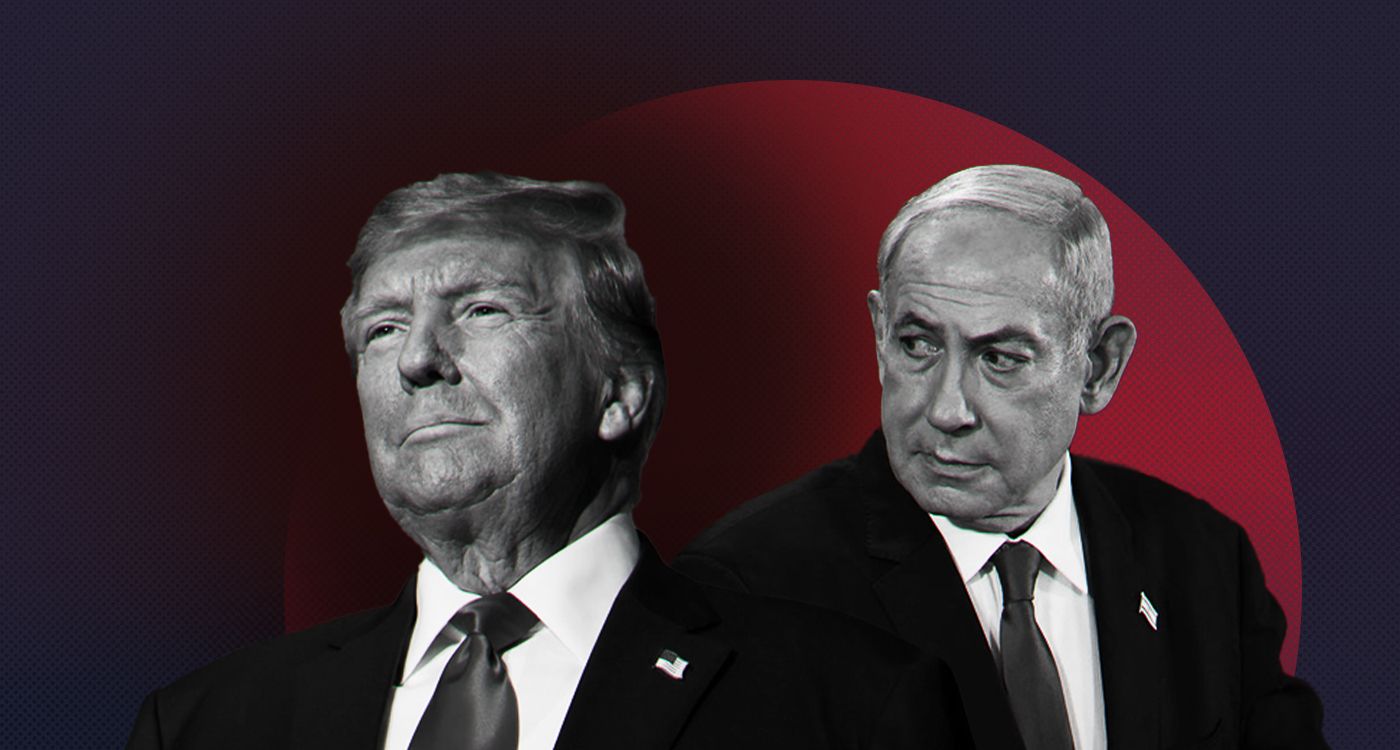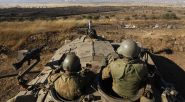
The (highly relative) calm preceding the storm? A worrying question is likely on everyone’s lips — especially on the eve of the crucial meeting between President Donald Trump and Israeli Prime Minister Benjamin Netanyahu, set for Tuesday, February 4, in Washington.
The course of events in the coming months will largely hinge on the outcome of this high-stakes consultation, which is expected to span two working sessions. The future of the Middle East is undoubtedly being defined in this very moment. While the region has undeniably embarked on a new geopolitical path over the past year, it remains precariously balanced, with volatile dynamics.
The stakes are both security-related and macroeconomic, and their magnitude is enormous. They require swift and decisive action, bold decisions to break free from the darkness, allowing populations to move beyond delusions and embrace a life of basic normalcy, or even attain the long-overdue well-being after enduring decades of servitude and oppression.
In this context — taking just one example of a significant macroeconomic issue — the ambitious “India-Middle East-Europe Economic Corridor” (IMEC), officially launched in September 2023 in New Delhi with active US involvement, presents promising opportunities for prosperity and development. However, it undeniably requires a strong and lasting climate of stability, something wholly incompatible with the obstructionist and, above all, obscurantist actions from a bygone era.
Yet, several obstacles threaten to hinder this promising new avenue of multilateral cooperation. Chief among them is the Iranian factor… According to reliable sources, the Islamic Republic is nearing the final stages of its nuclear weapons pursuit. Can the international community, amidst shifting regional dynamics, afford to risk allowing such a strategic arsenal to fall into the hands of Tehran’s most radical, destabilizing and uncompromising military wing? This question has become ever more urgent as significant maneuvers continue to unfold in the region.
The Iranian obstacle is primarily evident in the continuous belligerent rhetoric from Tehran’s leadership, despite the recent setbacks suffered by the radical wing of the mullah’s regime. This obstacle is further manifested by Hezbollah’s relentless obstructionist tactics, as the primary regional proxy of the Islamic Revolutionary Guard Corps (IRGC), or Pasdaran.
From the presidential election to the negotiations for forming the new government, including the parliamentary consultations initiated by the new president to designate the prime minister, not to mention the manipulation of residents in border villages and the reprehensible, sectarian-charged motorbike parades in sensitive neighborhoods, the pro-Iranian party seizes every opportunity to perpetuate instability and tension on the local scene, while evading its obligations to implement international resolutions and the terms of the November 27 ceasefire agreement, with the clear intent to sabotage President Joseph Aoun’s mandate from the very beginning.
Clearly, neither Hezbollah nor its Iranian mentor has moved past the stage of denial in the face of the new order taking shape in the Middle East. At present, all indications suggest that the mullah’s camp, Hezbollah included, remains fully committed to the strategy of destabilization and discord, relying on the concept of “strategic patience,” as coined by Iranian Supreme Leader Ali Khamenei. This approach aims to recover from the substantial strategic losses endured over the past year and orchestrate a swift comeback, both locally and regionally.
A senior Hezbollah official recently told journalists that his party is fully prepared to play the “time” card, willing to wait “several years” for an unfavorable situation to pass and for the storm to eventually subside, clearing the way for a fresh start. A clear corollary emerges: the sovereigntist camp, along with proponents of multilateral regional cooperation, cannot afford to delay, miss historic opportunities or undermine the current momentum for peace. They must display political courage and avoid half-hearted solutions or compromises that the Iranian camp would exploit to sow discord, create confusion and bewilder the adversary — ultimately winning the battle over the “time” factor!




Comments